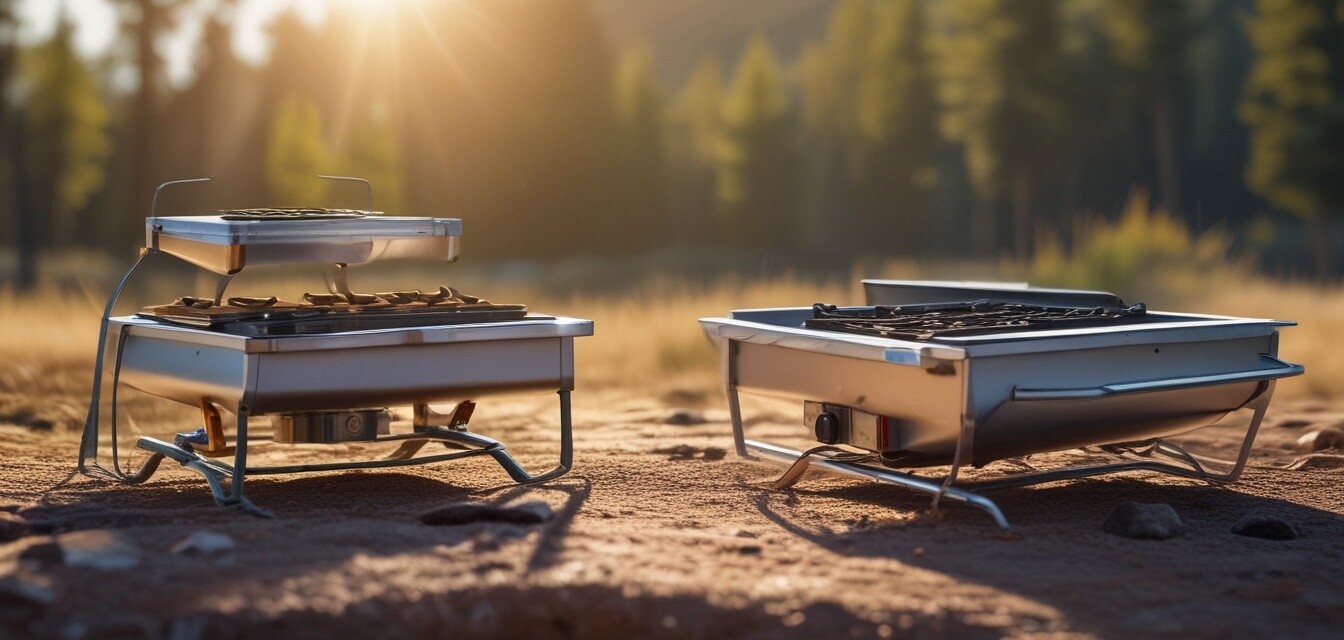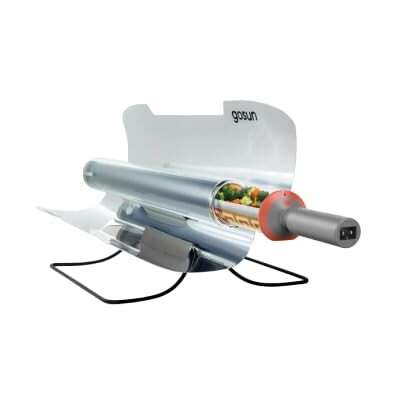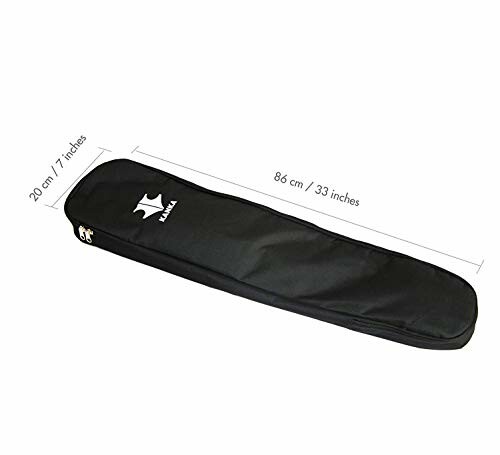
Solar Cookers vs. Traditional Camp Stoves: Which is Better?
Key Takeaways
- Solar cookers use sunlight to generate heat, while traditional camp stoves rely on gas or fuel.
- Solar cookers are eco-friendly and do not produce emissions.
- Traditional camp stoves provide faster cooking times and can be used in any weather condition.
- Consider portability, cooking capacity, and ease of use when choosing between the two options.
- There are several excellent solar cooker options available, like the GoSun Barbecue and KANKA Rotisserie Grill.
Camping is an exciting way to enjoy the great outdoors, and the choice of cooking equipment plays a crucial role in your overall experience. In this article, we will explore the differences between solar cookers and traditional camp stoves, weighing their pros and cons to help you make an informed decision. Let's dive into the details!
Understanding the Basics
Solar cookers utilize sunlight to generate heat for cooking, making them eco-friendly and sustainable. Traditional camp stoves, on the other hand, generally rely on fuel sources such as propane or gas to produce heat. Each has unique features, benefits, and drawbacks. Here’s a breakdown:
Solar Cookers vs. Traditional Camp Stoves
| Feature | Solar Cookers | Traditional Camp Stoves |
|---|---|---|
| Energy Source | Sunlight | Gas/Fuel |
| Cooking Time | Longer (1-4 hours) | Shorter (10-30 minutes) |
| Portability | Usually lightweight and foldable | Varies (some are bulky) |
| Environmental Impact | Eco-friendly, no emissions | Can produce emissions |
| Weather Dependence | Requires sunny weather | Can be used in any weather |
Pros and Cons of Solar Cookers
Pros
- Environmentally friendly and sustainable.
- No operating costs apart from initial investment.
- Can cook without fuel, ideal for backcountry use.
Cons
- Dependent on sunlight; not suitable for cloudy days.
- Long cooking times; may not be practical for quick meals.
- Requires more setup time.
Pros and Cons of Traditional Camp Stoves
Pros
- Fast cooking times suitable for any meal.
- Can be used in any weather condition.
- Generates heat quickly and efficiently.
Cons
- Emissions produced can be harmful to the environment.
- Ongoing fuel costs and storage considerations.
- Can be heavier and bulkier than solar cookers.
Which is Right for You?
The best choice between solar cookers and traditional camp stoves depends on several factors:
- Camping Environment: If you're heading to an area with reliable sunlight, a solar cooker can be great. In contrast, for unpredictable weather, you may want a traditional camp stove.
- Time and Efficiency: Frequent campers looking to cook meals quickly might prefer a traditional stove, while those looking for eco-friendly options can benefit from a solar cooker.
- Portability: Many solar cookers are lighter and more portable, especially models like the GoSun Barbecue. However, check if the model suits your needs.
Product Recommendations
If you're leaning towards solar cooking, here are two fantastic products to consider:
GoSun Barbecue
A versatile solar barbeque cooker perfect for camping or hiking; it retains flavor and nutrition while being sustainable.
Discover MoreKANKA Rotisserie Grill
Ideal for home and campfire rotisserie, this grill is portable, heavy-duty, and compatible with various heat sources.
Explore NowConclusion
In summary, both solar cookers and traditional camp stoves have their unique advantages and limitations. By weighing the factors outlined above and considering your camping style, you can choose the best option for your outdoor cooking needs. Remember to also check out our resources on maintenance of solar-powered shelters and solar technology in camping shelters for more insights!

